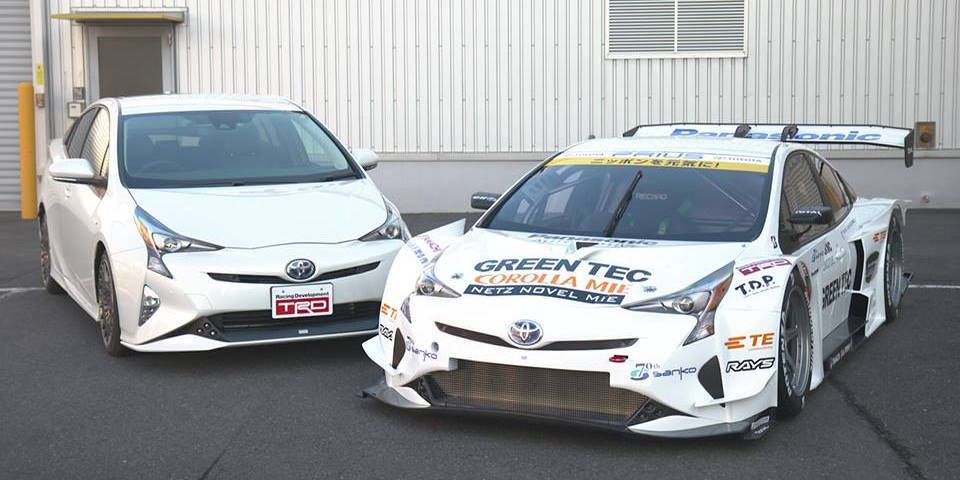Its popularity skyrocketed. As of 2017, the Prius liftback was the world's top-selling hybrid car with almost 4 million units sold. The first model, the NHW10 Prius, was styled by designers originating from California and won the Automotive Researchers' and Journalists' Conference Car of the Year award in Japan. Despite that, Toyota executives said that they were losing money selling the NHW10. The following generation, the NHW11, was able to break even and came standard with power steering and air conditioning. In fact, when people bought one, they were eligible for a 2000 dollar federal tax deduction on their gross income.


In 2003, Toyota released its second-generation Prius, the one non-car people recognize as a Prius. The new car was more aerodynamic and had more cargo room than its predecessor. However, all these improvements caused an increase in price. In China, the cars were 15000 dollars more expensive than the ones in America and Japan. Prices were cut but still, the lack of acceptance and increased hybrid car competition caused lower sales than before. In the years following, Toyota continued to release new and improved models such as the Prius C, a smaller hatchback, and the Prius V, an extended hatchback. The car also made it into motorsport but it had its engine replaced with a Le Mans racing V8. It used a mid-engine set up which meant the engine was placed in the center of the car behind the driver however the hybrid system was kept.

Despite its interesting looks as the years progressed, the Prius is significant in the hybrid car era and influences many other cars produced by other manufacturers.
Sources:
https://en.wikipedia.org/wiki/Toyota_Prius
https://www.greencarreports.com/news/1014178_toyota-prius-a-brief-history-in-time
https://www.roadandtrack.com/motorsports/news/a27977/toyota-prius-super-gt/
I didn't know the Prius had such an impact on the automobile industry! When further researching Priuses I also found that its invention created something called the "Prius Effect." This was the idea that if car's gas consumption was visible to the driver while they were driving, the driver would drive in a way that decreased their fuel consumption. This was a simple way to reduce the driver's fuel consumption without actually needing to change how the car was built. This idea continued to revolutionize the automobile industry as it inspired more fuel-efficient cars in order to compete with the Prius's popularity.
ReplyDeletehttps://powerhousedynamics.com/resources/white-papers/prius-effect1/
I found this article interesting, possibly because I can personally attest to the enormous popularity of the Prius-I see them everywhere! Many of my friends and neighbors own these cars. I was curious about the actual impact of the Prius and similar hybrid cars on the environment, so i did some more research there. It turns out, on average, hybrid cars reduce emissions by 10-21% from traditional gas vehicles! It's certainly good to keep the environment in minds when buying a car, which may help explain the popularity of the Prius.
ReplyDeleteSource:
https://itstillruns.com/environmental-impacts-of-hybrid-cars-4965434.html
I found this post interesting since it's really true that the Prius has been a popular car over the past decade and is usually the hybrid I see the most of. While doing some extra research on the effect of the Prius on the car industry, I found a report that highlights that the Prius is on the downturn with less and less sales each year. This is due to so many other hybrids on the market (even in Toyota's own lineup) that the Prius doesn't offer much (many of the other cars offer better features such as all wheel drive). So, even though the Prius helped spark the new generation of hybrid and eco-friendly vehicles, it's definitely possible we may stop seeing them in the coming decade.
ReplyDeletehttps://www.cnbc.com/2018/12/14/toyota-struggles-to-save-breakthrough-prius-hybrid.html